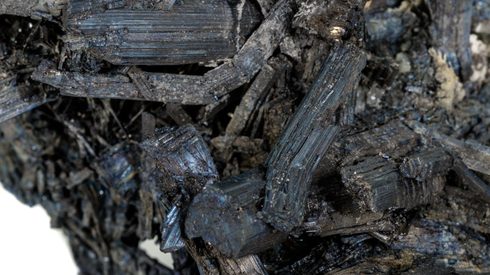MF Global’s note valuing Glencore’s shares at between 360 and 400 pence each may have aroused some ire at the trading company and producer, whose share price has suffered since it listed in London and Hong Kong last month.
Glencore has seen around £4.4 billion ($7.1 billion) wiped off its market capitalisation after its IPO on May 24.
Its shares have fallen to around 470 pence each from 530 pence since then, valuing the trading company and producer at £32.3 million.
Giving a sell recommendation, MF Global’s Ben Wedmore said Glencore’s shares are still overpriced, and compared the company to Japanese traders.
The note disputed the notion that Glencore holds a unique presence in the market.
“Aggregate gross margins in trading/marketing [at Glencore] are about 2.5%: very similar to those of the Japanese traders in agency business,” MF Global said.
“There is nothing very special in Glencore’s business of moving copper and coal from A to B with a bit of mining to help guarantee supply.
“Proponents of [Japanese] traders say the same as the proponents of Glencore: that they are unique. Both statements are false.”
The comparison is “not appropriate”, though, a source close to the company’s IPO said.
He vehemently disagreed with the contents of the note.
“If you compare any global entity with a Japanese entity, you’ll get a valuation discrepancy,” he said.
Where Glencore has expanding worldwide reach, Japanese traders are usually focused on the market in Japan and that they “haven’t had much growth for 20 years”, the source added.
“Glencore actually differs quite considerably from Japanese traders. They are usually passive and procure supply for their own industrial requirements,” he said.
Meanwhile, Deutsche Bank is holding firm with its buy recommendation for Glencore and has set a target price of 620 pence per share.
“Clearly, there’s a difference of opinion about Glencore, which does make for a healthy market,” a second source said.
“However, the originations that Glencore makes are better than Japanese traders and there’s also the global reach it has. It’s producing a lot of assets and has control over supply, which they don’t have.”
He added that Glencore will have some work to do to improve results following its disappointing first quarter, but said this does not mean the case for investment in the company is “broken”.
Share prices dipped from 523.40 pence per share on Monday June 13, to 469.65 pence per share on Thursday June 16, as investor confidence wobbled in the wake of the Q1 results release. Glencore listed its shares at 530 pence each for its IPO on May 24.
“When Vedanta made its IPO, shares fell 38% before they bottomed out, but at a certain point Glencore will be oversold and the buying will come back,” a commodities banker said, commenting on the fall in price.






